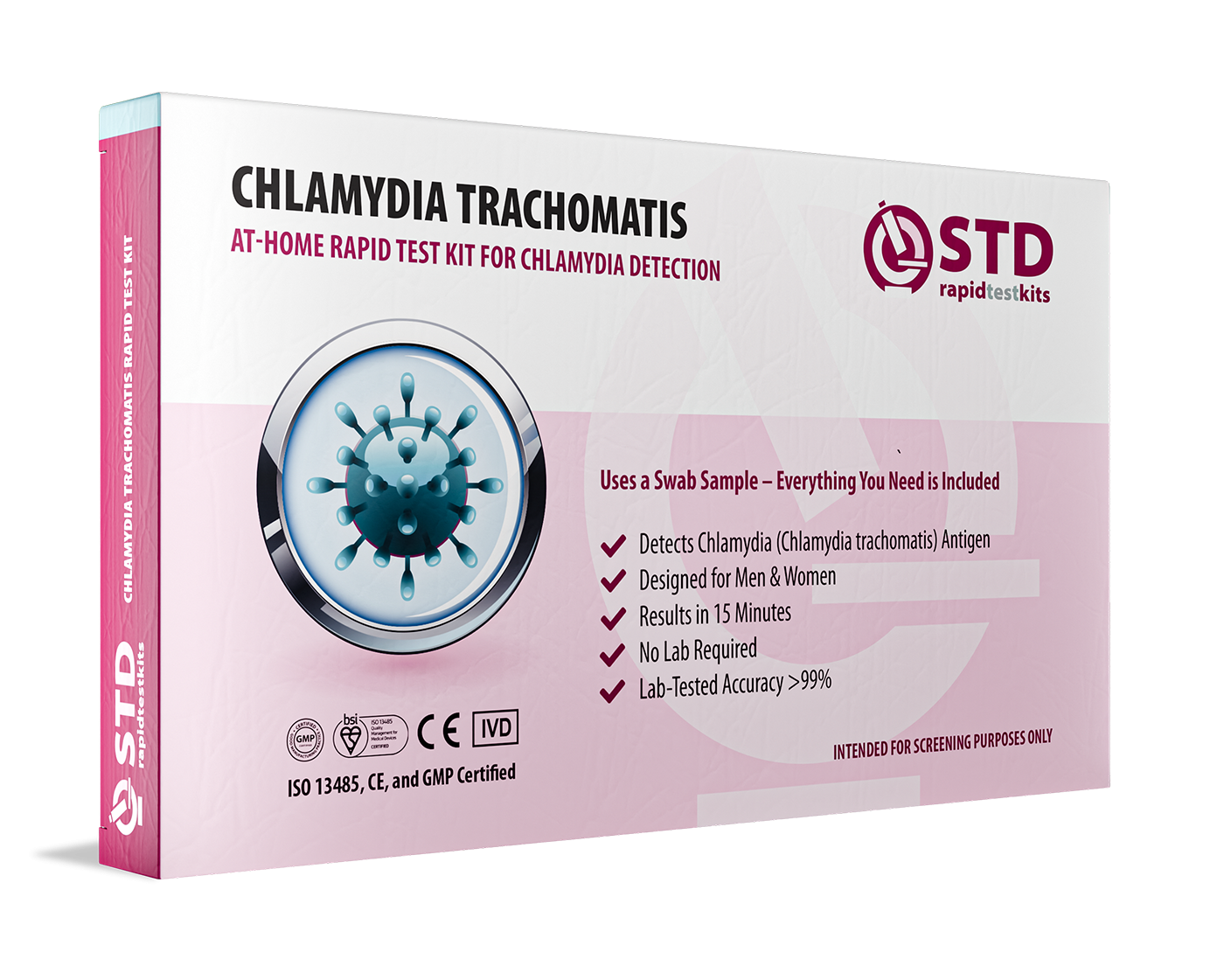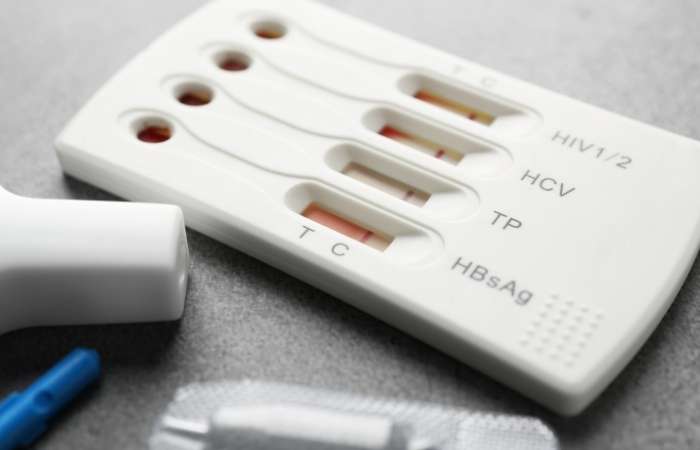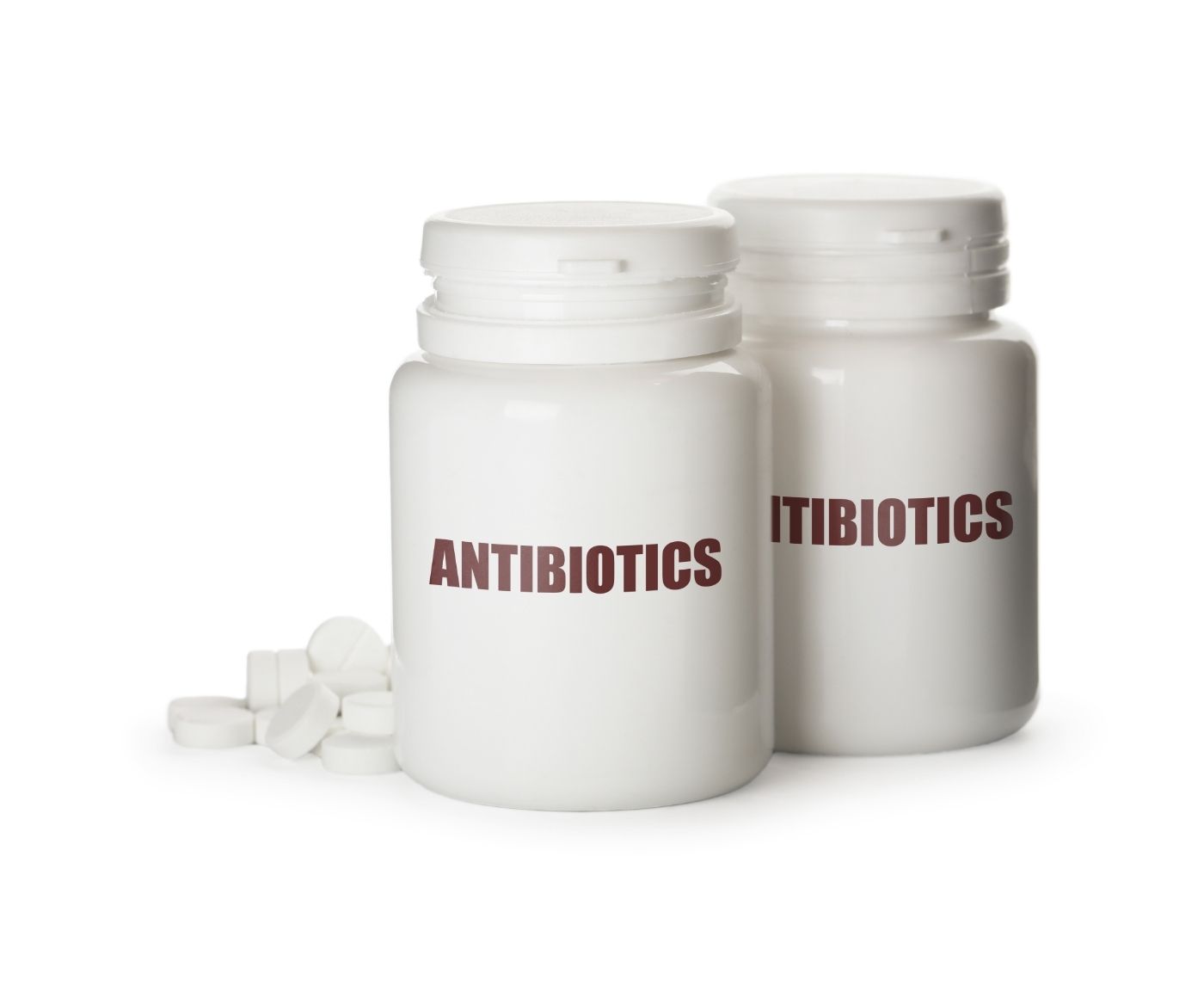Quick Answer: Doxycycline clears chlamydia more reliably and typically starts working within a few days, but takes a 7‑day course. Azithromycin is a single‑dose option, but it can be slower and slightly less effective, especially for rectal infections.
When Every Hour Feels Like a Week
Jamie, 24, still remembers the first night after their positive test:
“I took the azithromycin pill at the clinic and then just…waited. I kept wondering if the bacteria were gone yet. I didn’t want to touch anyone or anything.”
This waiting period is what most people underestimate. Even if the antibiotics start working quickly, you’re not “instantly cured.” Chlamydia bacteria need time to be cleared by your immune system, and during this window, you can still transmit the infection if you have sex.
According to the CDC, you should avoid sexual activity for at least 7 days after starting treatment, even if your antibiotic was a single dose. That’s because “cure” in the lab and “safe to hook up again” in real life are not the same thing.

People are also asking: What Does an HIV Rash Look Like?
Azithromycin: The One‑Pill Wonder, With Caveats
Azithromycin’s reputation as the “one‑and‑done” pill comes from its convenience. A single 1‑gram dose is easy to administer, and for years it was the most commonly prescribed treatment. For people worried about forgetting doses or who need immediate discretion, it feels like the fastest solution.
But here’s the reality:
- Speed: Azithromycin starts acting quickly, but the bacteria can still take some time to clear off.
- Effectiveness: Cure rates are high for urogenital infections (~94%), but drop for rectal infections (~82–85%) according to meta‑analyses.
- Resistance risk: Misuse can lead to lingering or recurring infections, and the same applies if your partner doesn't go through treatment with you.
For some people, azithromycin feels emotionally faster because the dose is over in seconds. But medically, its actual “cure speed” isn’t much faster than doxycycline, and in some cases, it’s slower at fully wiping out the bacteria.
Doxycycline: Slow and Steady Wins the Race
If azithromycin is the “sprinter,” then doxycycline is the “marathon runner” of chlamydia treatment. The CDC now recommends it as the first‑line therapy: 100 mg taken twice a day for 7 days. On paper, that sounds slower, but in terms of real bacterial clearance and long‑term success, doxycycline wins.
Why? Because doxycycline consistently outperforms azithromycin, especially for harder‑to‑treat cases:
- Effectiveness: Cure rates for urogenital infections approach 97–99%, and for rectal infections, it’s nearly 100% (Oxford study).
- Speed of action: Doxycycline begins killing Chlamydia trachomatis within hours of your first pill, but you need to complete the course to ensure total eradication.
- Lower recurrence risk: Because it clears rectal reservoirs more reliably, there’s a lower chance of autoinoculation (bacteria reinfecting other sites in your body).
In short, people often start feeling better within 2–3 days of starting doxycycline. Discharge, burning, or pelvic discomfort may ease quickly, but finishing all 14 pills is crucial, stopping early can leave some bacteria alive.
“I Thought the Pill Didn’t Work." The Patience Problem
Maria, 31, describes the agonizing wait:
“By day three I felt fine, but by day six I panicked because I could still see a tiny bit of discharge. I thought the antibiotic failed.”
This is a common experience. Symptom resolution doesn’t always equal instant bacterial clearance. Even if your body feels normal after a few days, testing positive again is possible if you don’t finish the course, or if your partner wasn’t treated and you got reinfected.
The CDC and Mayo Clinic both emphasize a 7‑day sexual abstinence period, regardless of which antibiotic you take. Think of this as a “safety buffer” for both your health and your partner’s.
Check Your STD Status in Minutes
Test at Home with RemediumChlamydia Test Kit

 For Men & Women
For Men & Women Results in Minutes
Results in Minutes No Lab Needed
No Lab Needed Private & Discreet
Private & DiscreetOrder Now $33.99 $49.00
Which Antibiotic Is Technically Faster?
If we’re talking about emotional speed, azithromycin feels quicker because the single dose is over in seconds. But if we’re talking about biological speed and reliability, doxycycline wins. Here’s why:
- Azithromycin: Single dose, starts working fast, but takes a while to act and it's not very reliable with rectal infections.
- Doxycycline: 7‑day course, but it consistently achieves higher cure rates and reduces lingering infection risk.
Think of azithromycin as a shortcut that works most of the time. Doxycycline is the highway, longer, but with fewer wrong turns.
If you’re worried about how soon you can safely resume intimacy, stick to the 7‑day rule and confirm your partner is treated. For peace of mind, some people also use at‑home chlamydia test kits to check their status post‑treatment.
When Speed Isn’t Everything
Here’s the hard truth: killing chlamydia isn’t as easy as simply taking the strongest antibiotic. If you want to succed, you want to be strict about taking those medicines, and have a plan to prevent repeat exposure. Factors that can play a part in whether or not the infection is successfully treated are:
- Infection site: Rectal or throat infections respond differently than genital ones.
- Adherence: Missing doses on doxycycline can delay or reduce cure rates.
- Partner status: If your partner isn’t treated, reinfection is almost guaranteed.
- Your immune system: Some people clear symptoms faster, but bacteria may linger unseen.
Even if you want the “quickest cure,” real speed comes from a combination of effective antibiotic therapy and responsible follow‑through.
Why Chlamydia Sometimes Lingers After Antibiotics
Even when you take the right antibiotic, a few things can make chlamydia seem like it’s “not going away.” Doctors call this treatment failure or reinfection, and it’s usually linked to these causes:
- Partner not treated: If your partner still has chlamydia, even one sexual encounter can reintroduce the infection.
- Early sex after treatment: Resuming sex before the 7‑day window increases reinfection risk.
- Rectal or throat infections: Azithromycin is known to sometimes miss low‑level infections in the rectum and the throat, which can then spread to the genitals.
- Missed doses: Skipping doxycycline pills reduces cure rates dramatically.
- Antibiotic resistance (rare): True resistance is uncommon but suspected when strict adherence still leads to persistence.
If symptoms persist beyond 2–3 weeks, the CDC recommends a test of cure or repeat testing to rule out reinfection. Using a discreet combo at‑home STD test kit can provide clarity without waiting for a clinic appointment.

People are also reading: Fatigue From Hepatitis C: What It Feels Like and When to Get Tested
How Long Until You’re “Safe” Again?
Whether you took azithromycin or doxycycline, the countdown to safe sex is about the same: 7 days after the start of treatment, provided all partners are treated and symptom‑free. But there’s a difference between feeling better and being non‑infectious.
Key timeline checkpoints:
- 0–24 hours: Antibiotic starts attacking the bacteria.
- 48–72 hours: Most people start getting some relief for their symptoms.
- 7 days: Bacteria has cleared out, and having sex is considered safe again. (If your partner also got treated)
- 3 months: CDC advises routine re‑testing to catch silent reinfections.
Think of treatment like clearing smoke from a room: the fire is out fast, but the air takes time to clear.
Take Back Control: Testing and Treatment at Home
Waiting for a clinic appointment or living in uncertainty can add unnecessary stress. At‑home options now give you a private, medically sound path to clarity:
- Order a chlamydia rapid test kit to confirm infection.
- Use a combo STD test kit if you’re worried about co‑infections like gonorrhea.
- Follow up with a clinic or telemedicine provider for antibiotic prescriptions.
Don’t wait and wonder: A single test can give you the confidence to act quickly, protect partners, and recover without lingering doubts.
When to See a Doctor Again
Even with the best antibiotics, a few red flags mean it’s time to return for evaluation:
- Persistent discharge, pelvic pain, or burning after 2–3 weeks
- Symptoms that improve, then suddenly worsen
- Fever, lower abdominal pain, or unusual bleeding (signs of PID)
- Repeat positive test after completing your antibiotic course
Early intervention prevents complications like pelvic inflammatory disease (PID) or fertility issues. Modern treatment is fast, discreet, and overwhelmingly successful if followed fully.
Check Your STD Status in Minutes
Test at Home with Remedium7-in-1 STD Test Kit

 For Men & Women
For Men & Women Results in Minutes
Results in Minutes No Lab Needed
No Lab Needed Private & Discreet
Private & DiscreetOrder Now $129.00 $343.00
For all 7 tests
How to Talk to Your Partner About Treatment
Getting treated for chlamydia is only half the battle, your partner (or partners) need treatment too. This conversation can be nerve‑wracking, but it’s crucial to break the cycle of reinfection. Think of it as protecting both of you, not placing blame.
“I was terrified to tell my boyfriend,” says Alana, 26. “But when I explained it was treatable and I’d already started antibiotics, he was more grateful than angry.”
Here are a few tips for having that talk:
- Lead with facts: Chlamydia is common, treatable, and often symptomless.
- Share your treatment plan: Mention if you’re on doxycycline for 7 days or took the single‑dose azithromycin.
- Make it about mutual health: Offer to test and treat together to reduce stigma.
Remember, when it comes to testing, there's nothing to be ashamed of, so don't be embarrassed when bringing up the subject. A calm, informed conversation can prevent awkwardness and future infections.
Protecting Yourself From Reinfection
Even after the right antibiotic, many people get chlamydia again because of one simple reason: exposure hasn’t stopped. Reinfection is frustratingly common and can feel like your meds “didn’t work,” but it’s usually about timing, not treatment failure.
Here’s how to keep chlamydia gone for good:
- Complete your antibiotic course: Don’t skip or split doses, especially with doxycycline.
- Wait the full 7 days: No sexual contact until the 7‑day window closes, even if you feel fine.
- Treat all partners: Chlamydia spreads silently; untreated partners are the #1 reason for repeat infections.
- Be consistent with protection: Condoms and dental dams reduce STD transmission considerably, so use them if you believe exposure is a risk.
- Retest if infected: If you or your partner had chlamydia, the CDC recommends a follow‑up after 3 months to catch silent reinfections early.
If anxiety lingers, at‑home retesting with a combo STD home test kit can offer peace of mind without the clinic wait.
FAQs
1. Can chlamydia go away in 24 hours?
No. Even with antibiotics like azithromycin or doxycycline, full clearance usually takes several days. The CDC recommends waiting 7 days before sex to prevent transmission.
2. Which antibiotic works faster: azithromycin or doxycycline?
Doxycycline is more reliable and clears bacteria more effectively, though it requires a 7‑day course. Azithromycin is a single dose but may clear slower and is less effective for rectal infections.
3. How soon will my symptoms go away after starting treatment?
Most people notice symptom improvement within 48–72 hours, but finishing your full course is crucial.
4. What if my symptoms don’t go away?
Persistent symptoms after 2–3 weeks may signal reinfection, missed doses, or a hidden rectal infection. See a healthcare provider or retest.
5. Can I drink alcohol while taking chlamydia antibiotics?
Alcohol doesn’t usually affect azithromycin or doxycycline directly, but heavy drinking can impact immune response and adherence to dosing.
6. When can I have sex again?
After 7 days, if you’ve completed treatment and all partners are treated. Early sex risks reinfection.
7. Do I need to get tested again after treatment?
Yes. CDC recommends retesting in about 3 months to catch silent reinfections.
8. Can I get chlamydia from oral sex?
Yes. It can infect the throat or rectum even without vaginal or anal penetration.
9. Is chlamydia dangerous if untreated?
Yes. It can cause pelvic inflammatory disease (PID), infertility, and chronic pain in people with uteruses, and epididymitis in people with testes.
10. What if my partner refuses treatment?
Avoid sex until they are treated. Untreated partners are the top reason for repeat infections.
You Deserve Answers, Not Assumptions
Waiting for antibiotics to work can feel like an eternity, but real control comes from finishing your treatment, communicating with partners, and confirming your status. Whether you took the single‑dose azithromycin or the 7‑day doxycycline course, give your body time to clear the infection completely.
Take back peace of mind with discreet testing and fast results. This at‑home combo STD test kit checks for multiple infections so you don’t have to wonder “what if?”
Sources
1. CDC: Chlamydia – STI Treatment Guidelines
2. Oxford Study: Comparative Effectiveness of Azithromycin vs Doxycycline










